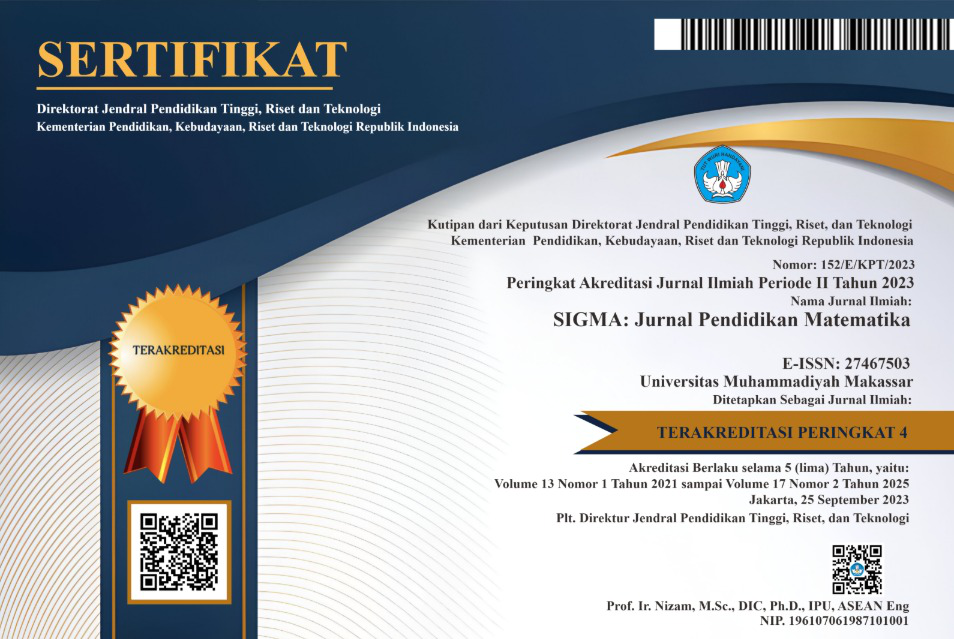| Accreditation |
Open Access Policy
This journal provides immediate open access to its content on the principle that making research freely available to the public supports a greater global exchange of knowledge.
This journal is an open access journal, which means that all content is freely available without charge to users or institutions. Users are allowed to read, download, copy, distribute, print, search, or link to the full text of articles in this journal without asking prior permission from the publisher or author. This is in accordance with the Budapest Open Access Initiative.

Budapest Open Access Initiative
An old tradition and a new technology have converged to make possible an unprecedented public good. The old tradition is the willingness of scientists and scholars to publish the fruits of their research in scholarly journals without payment, for the sake of inquiry and knowledge. The new technology is the internet. The public good they make possible is the world-wide electronic distribution of peer-reviewed journal literature and completely free and unrestricted access to it by all scientists, scholars, teachers, students, and other curious minds.
Removing access barriers to this literature will accelerate research, enrich education, share the learning of the rich with the poor and the poor with the rich, make this literature as useful as it can be, and lay the foundation for uniting humanity in a common intellectual conversation and quest for knowledge.
For various reasons, this kind of free and unrestricted online availability, which we will call open access, has so far been limited to small portions of the journal literature. But even in these limited collections, many initiatives have shown that open access is economically feasible, offers authors measurable impact, and gives readers extraordinary power to find and use relevant literature.
To secure these benefits for all, we call on all interested institutions and individuals to help open up access to the rest of this literature and remove the barriers, especially price barriers, that stand in the way.
We define open access as free availability on the public internet, permitting any users to read, download, copy, distribute, print, search, or link to the full texts of articles, crawl them for indexing, pass them as data to software, or use them for any lawful purpose, without financial, legal, or technical barriers.
While the peer-reviewed journal literature should be accessible online without cost to readers, it is not costless to produce. However, studies show that the overall costs of providing open access are significantly lower than traditional models.
To achieve open access, we recommend two complementary strategies:
I. Self-Archiving: Scholars should deposit their refereed journal articles in open electronic archives that conform to OAI standards, allowing global discoverability.
II. Open-Access Journals: Scholars should support journals committed to open access by using copyright to guarantee free access and adopting innovative funding models.
These strategies are within the reach of scholars today and do not require major legislative changes or new technologies. Flexibility, experimentation, and adaptation to local contexts will help ensure rapid and long-term progress.
Budapest, February 14, 2002
Leslie Chan (Bioline International)
Darius Cuplinskas (Open Society Institute)
Michael Eisen (Public Library of Science)
Fred Friend (University College London)
Yana Genova (Next Page Foundation)
Jean-Claude Guédon (University of Montreal)
Melissa Hagemann (Open Society Institute)
Stevan Harnad (University of Southampton & UQAM)
Rick Johnson (SPARC)
Rima Kupryte (Open Society Institute)
Manfredi La Manna (Electronic Society for Social Scientists)
István Rév (Open Society Archives)
Monika Segbert (eIFL Project)
Sidnei de Souza (CRIA, Bioline International)
Peter Suber (Earlham College)
Jan Velterop (BioMed Central)





